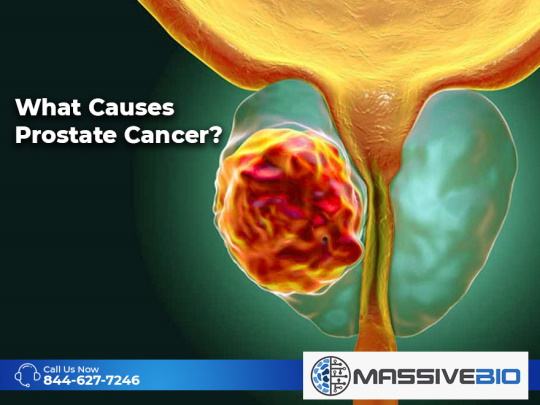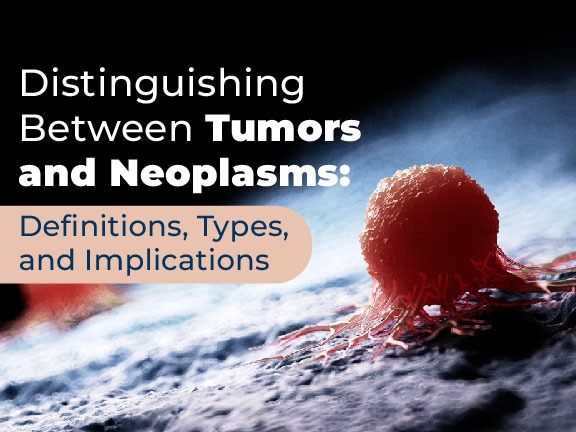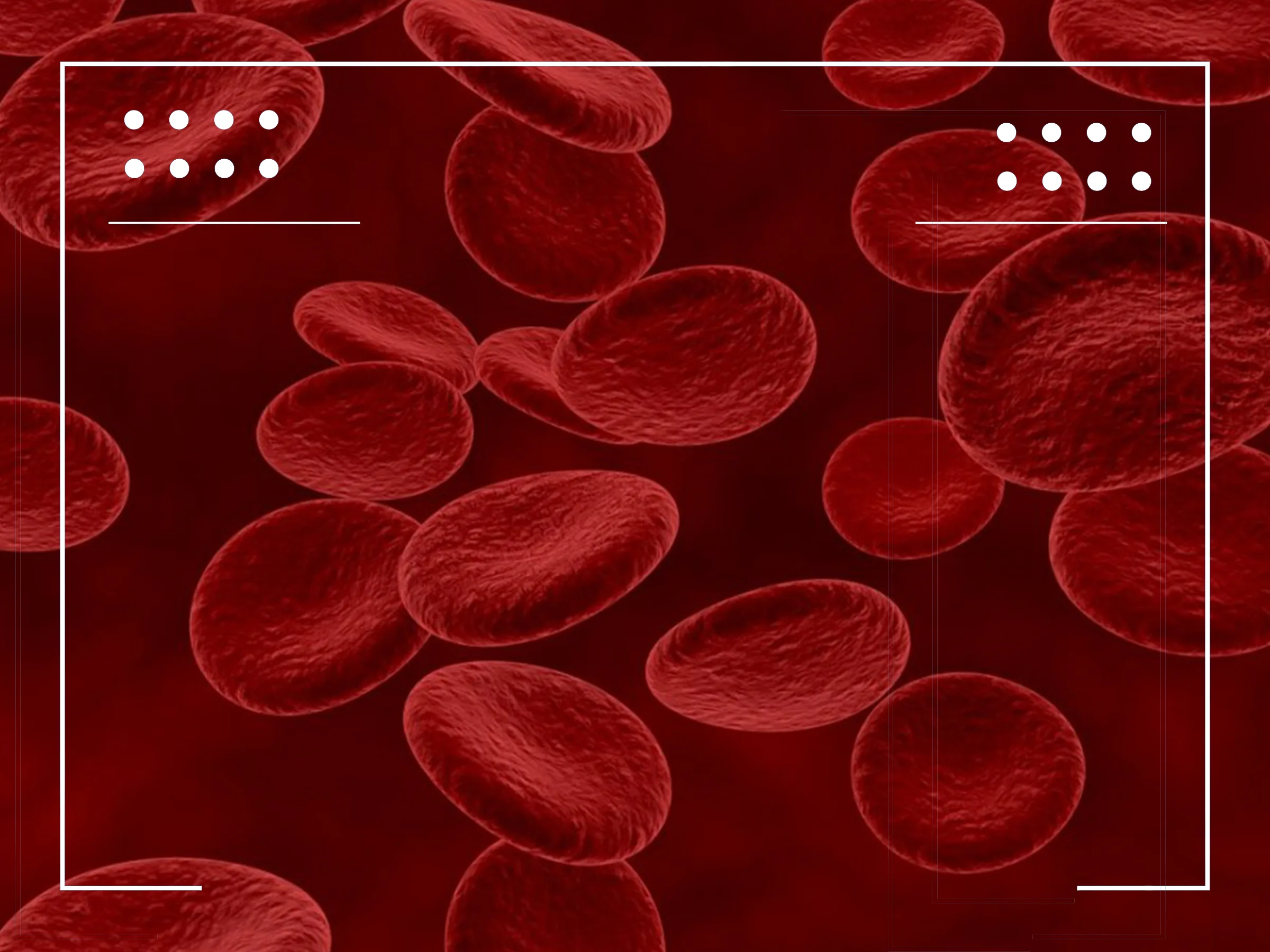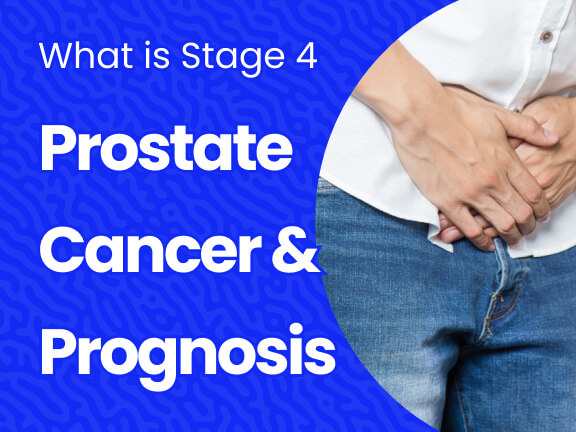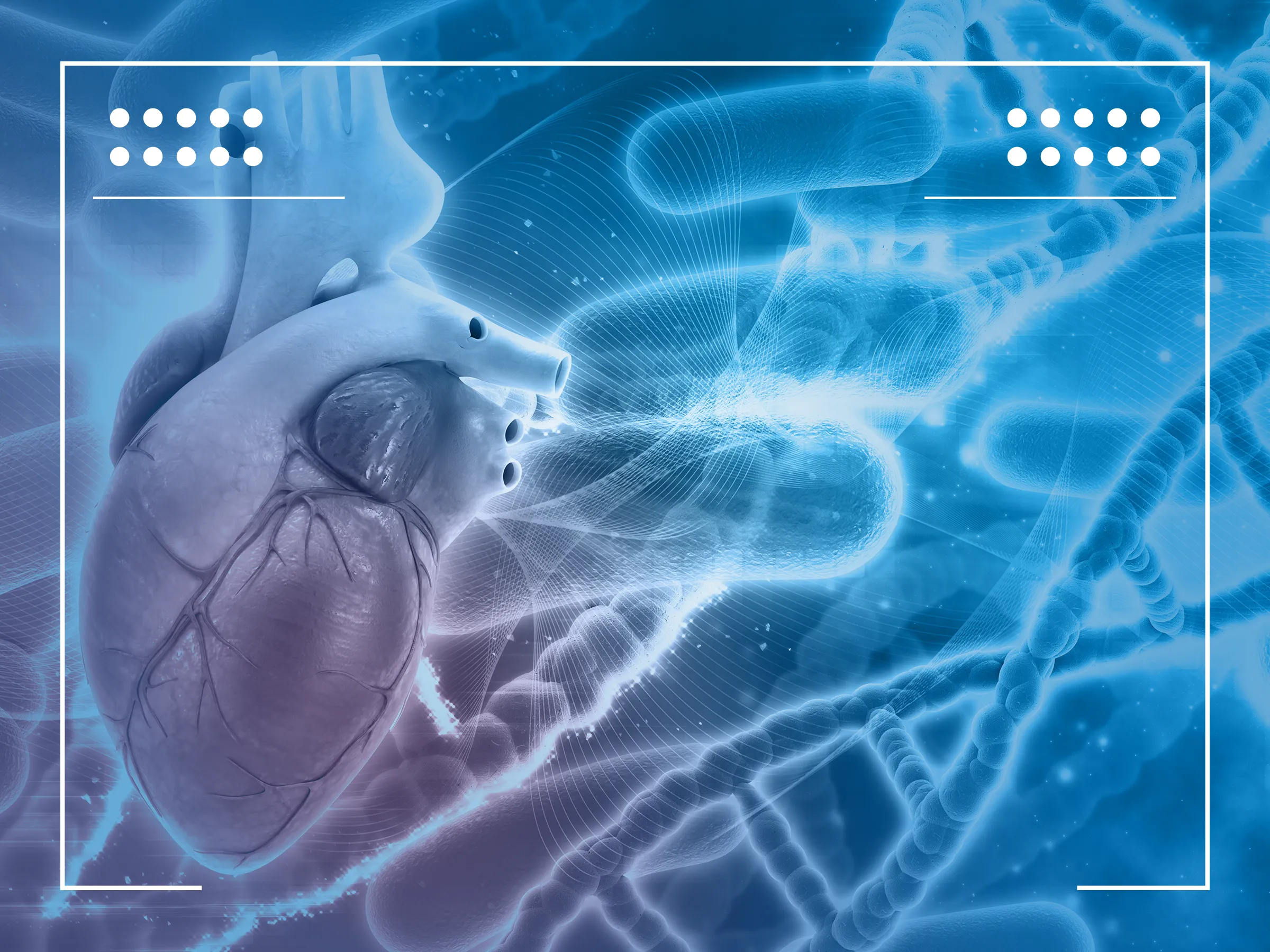What Causes Prostate Cancer? The prostate is located just below the bladder and is part of the male reproductive system. Other than the abnormal increase of cells in the prostate, scientific studies show no definitive answers to the direct cause of cancer in the prostate. Prostate cancer, like other types of cancer, occurs when a mass of tissue, known as a tumor, is formed.
What Causes Prostate Cancer Symptoms?
Prostate cancer, one of the most common types of cancer after skin cancer in men, often shows no signs or symptoms in the early stages. Physicians often diagnose patients after various tests are done due to complaints of problems with urination.
The prostate is largely made up of muscle fibers and glands, and its main function is to produce semen to deliver sperm. Prostate cancer is a malignant tumor that arises especially from the outer part of the prostate gland and spreads to the inner parts of the prostate as it grows.
There are many symptoms of advanced prostate cancer. The most common symptoms experienced by patients include:
- Intermittent flow during urination and the feeling that the bladder is not completely emptied
- Frequent urination at night and while asleep
- Burning and pain during urination
- Blood in the urine
- Feeling discomfort or pain when sitting due to enlargement of the prostate
- Blood in the seminal fluid released during intercourse or masturbation
If cancer spreads from the prostate gland to other organs, other symptoms may occur. Some of these symptoms include:
- Fatigue
- Difficulty with bowel movements and constipation
- Pain in the back, hips, thighs, shoulders, or other bones
- Unexplained weight loss
- Pain or swelling in the legs or feet
Prostate Cancer Risk Factors
Experiencing any of the above symptoms does not always mean that the individual has prostate cancer. In such a situation, the correct approach is to consult a urologist after experiencing any symptoms. Factors that increase the likelihood of developing prostate cancer include:
- Risk increases as age increases.
- More likely to occur in black males compared to other races. Also, prostate cancer tends to be more aggressive and advanced among black males.
- Family history of prostate cancer. In addition, if there are genes (BRCA1 or BRCA2) that increase breast cancer risk in the family, or if there are individuals with breast cancer in the family, the risk of prostate cancer increases.
- Obese men are more likely to have an advanced prostate cancer that is more difficult to treat.



